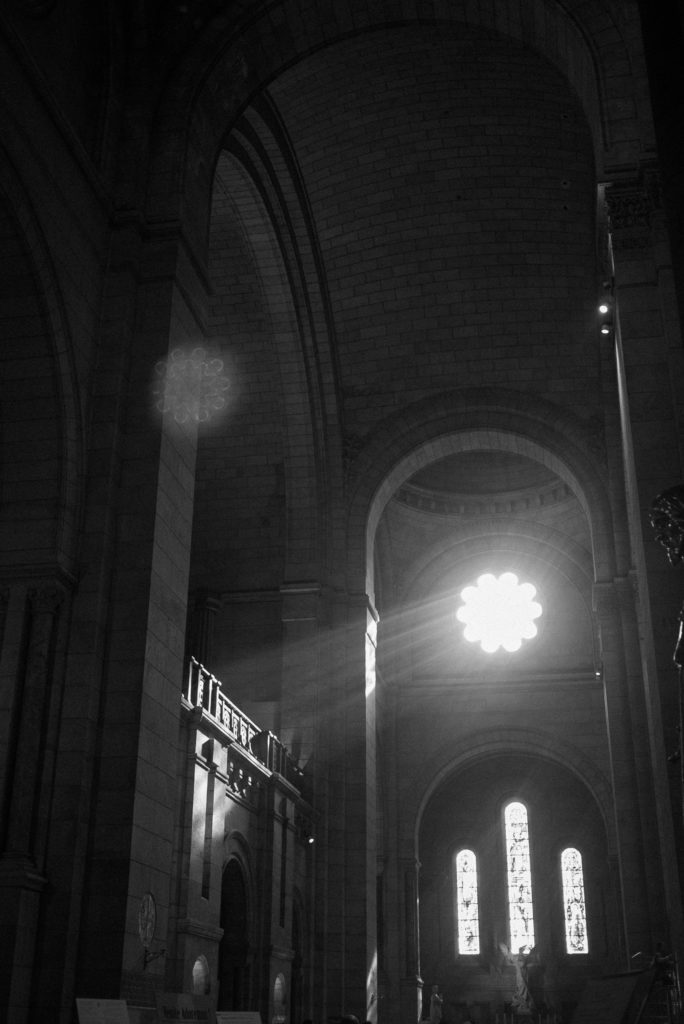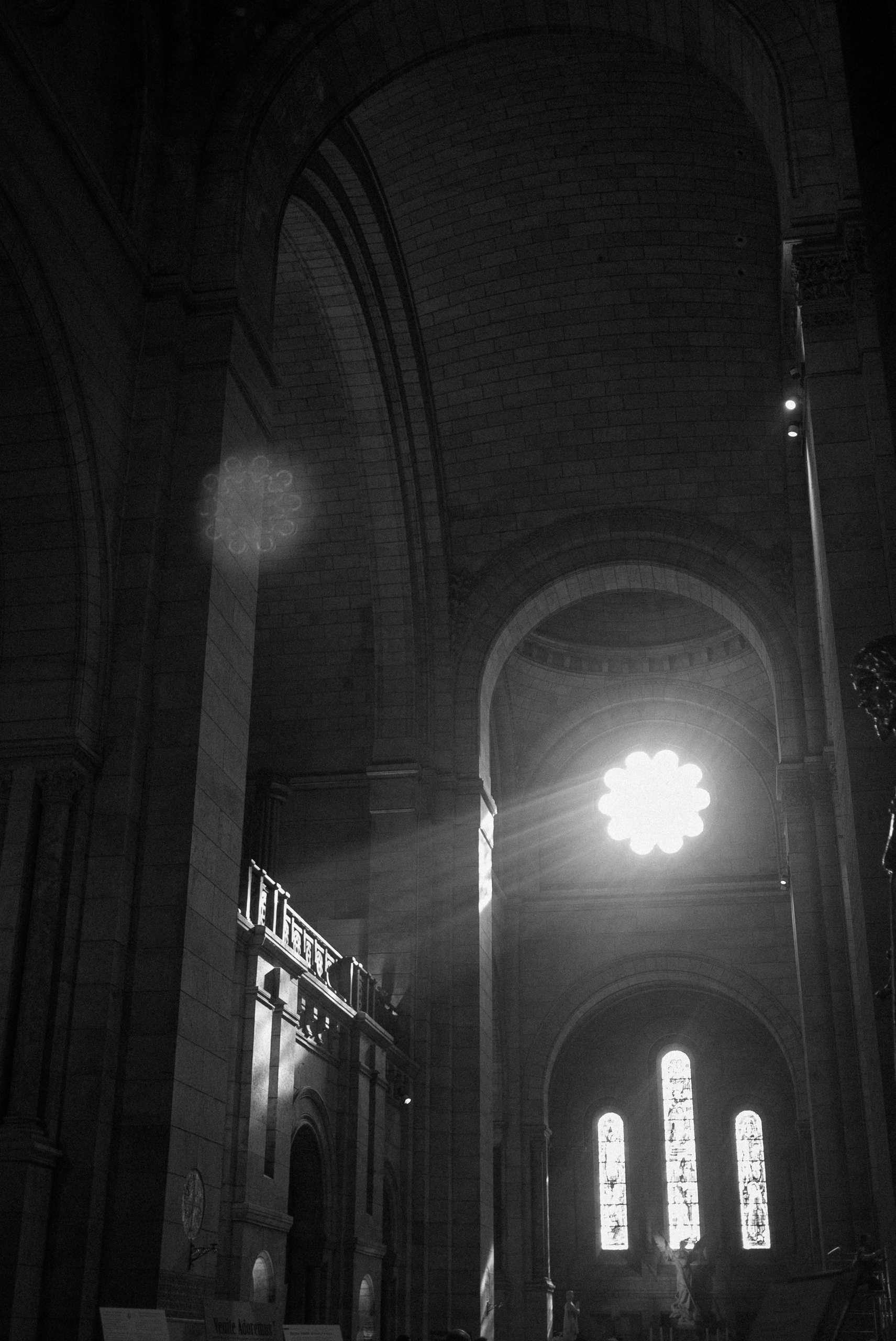
While taking Professor Scot Keen’s Bibliology course here at Ethnos 360 Bible Institute, I began to realize that even though I had grown up in a solid church and had had Christian education, there was a lot I didn’t know about the history of the Bible and how it’s come to us today. When Professor Keen started throwing around the phrase “canon of Scripture” I had only a very vague idea of what he meant, and it wasn’t a topic that sounded too riveting. But the rest of my Bibliology class had surprised me with its relevance and importance, and when we began discussing the canon of Scripture more in depth I found myself pleasantly surprised once again.
Having at least a basic understanding of the canon of Scripture can bring us a lot of confidence about the Bible, as we’re about to see.
Canon Of Scripture – What Does That Even Mean?
So, first things first, what does “canon of Scripture” mean? For those of us who aren’t natural scholars, it isn’t a term you hear much in Christian circles these days. Well, the literal meaning of the Greek term kanon, from which we derive the English word canon, is simply “reed”. But through culture, years, and usage, this word evolved to mean something more. Professor Keen explains,
“Over time the word came to mean a standard or rule of measurement. Early Christians gave it the meaning “rule of faith”. “
Nowadays, when someone refers to the canon of Scripture, they are most often referring to the book of the Bible included in the Old and New Testament.
The first reference to the canon of Scripture in Christian history was recorded way back in 367 A. D.,in a letter written by a bishop of Alexandria, whose name was Athanasius. He wrote,
“But for the sake of greater accuracy I must needs, as I write, add this: there are other books outside these, which are not indeed included in the canon, but have been appointed from the time of the fathers to be read to those who are recent converts to our company and wish to be instructed in the word of true religion.”
History tells us that Athanasius was quite a polarizing leader in the early Church, vehemently defending the message of Christ against heresies. And he brings up a great point in this quote. We have many influential Christian writers that inspire us in our faith today, but we know their writings aren’t God’s Word. In the same way, there were many great spiritual writings in his day that were helpful for reading and learning, but were not inspired Scriptures.
The canon of Scripture includes only the inspired and revealed word of God Himself. His word is divine truth, and is distinguished from all other writing.
How Is Canonicity Determined?
It is commonly misconceived that the canon of Scripture was determined by the Jews or early church leaders. But nothing could be farther from the truth.
God alone determined which books belonged in the Bible, and He was their origin. He sovereignly and providentially wrote the books; the Word is His, and mankind doesn’t get to decide what is His Word and what isn’t.
In, “A General Introduction to the Bible”, by Geisler and Nix, J.I. Packer is quoted as having said,
“The church no more gave us the New Testament canon than Sir Isaac Newton gave us the force of gravity. God gave us gravity, by His work of creation, and similarly He gave us the New Testament canon, by inspiring the individual books that make it up.”
The church may have discovered the canon of Scripture, but it definitely didn’t create or ordain it.
How Were Canonical Books Discovered?
The book we hold in our hands as the Bible today did not always look that way – all its books gathered together and neatly organized. The Jews first had the Law, and later came the historical books, Wisdom and Poetry, and Prophecy. But after Malachi, there were 400 years of silence, when God did not inspire any Scripture. The New Testament had not been written yet. And when it came to be, there was lots of controversy as Jews were divided on their opinions of the Messiah, and the Church was newly birthed and wading through growing pains. How did they discover which writings were truly from God? And how can we today know that they made the right judgement calls? How can we be confident that the Bible we have is the Bible God intended for us?
Here at Ethnos 360 Bible Institute, we believe there are a number of God-given and logical principles that help us when we’re wondering if the canon of Scripture has been discovered accurately. We refer to information from “A General Introduction to the Bible” 1. We can ask these questions of the biblical texts given to us :
- Is it prophetic? Was the book written by a prophet of God? Were the authors Apostles or Prophets? God put His words in the mouths of the prophets and they declared what God had revealed to them. Therefore, books written by a prophet were immediately accepted.
- Is it miraculous? Was the writer given God’s affirmation through signs, fulfillment of prophecy, or comparison to other truth revealed up to that point?
- Is it authentic? Does the message speak the truth about God?
- Is it dynamic? Does it manifest the power of God? The word of God is able to accomplish its stated purpose.
- Is it received? Was it accepted by the people of God?
These principles have been used to discover what writings are God’s and belong in the canon of Scripture, and they are still dependable for us to reaffirm its discovery today.
Is The Bible Really Finished?
Once we have confidence that the books of the Bible really are what God intended to be included, the question arises – do we have them all? We may be correct in discovering the writings that belong in the canon of Scripture, but did we discover it completely?
We believe yes, and here’s why:
-
- The providence of God: It seems highly unlikely that God would have inspired a book that He did not preserve.
- Theologically the canon is closed: God used to speak through the prophets of the Old Testament, but in the ‘last days’ he spoke through Christ (Hebrews 1:1) and the apostles whom He empowered. But because the apostolic age ended with the death of the apostles, it may be concluded that God’s ‘last day’ revelation is complete.
- Historically the canon is closed: The immediate successors that followed the apostles did not claim any new revelation from God nor did they display any confirmatory signs such as the apostles and prophets did.
- Principle taken from the Jewish concept of the Old Testament canon: The Jews believed that if a writing came after the time period of the Old Testament prophets, it could not be scripture because scripture was written by prophets. (This same principle can be applied to all Scripture and relates to the fact that the canon is theologically closed.)2
The canon of Scripture gives us confidence that the Bible we study today is truly the inspired and complete Word of God. It is the “rule of faith” by which we can live our lives, and it has been preserved by God’s grace so that we have all we need to live life with Him.
Anna Wishart is a graduate of Ethnos360 Bible Institute and continues to seek ways to be involved with missions through writing. She currently lives in Winchester, Virginia, and enjoys biking, art, friends, the mountain views, and attending Fellowship Bible Church.



Thank You so much for this beautiful explanation.
God Bless You ! Thank You for sharing !